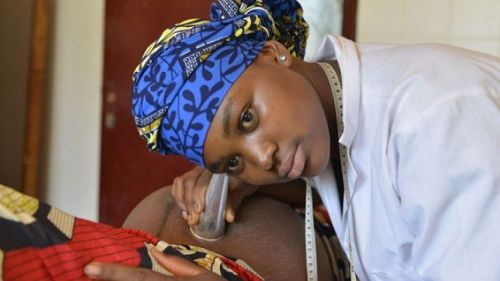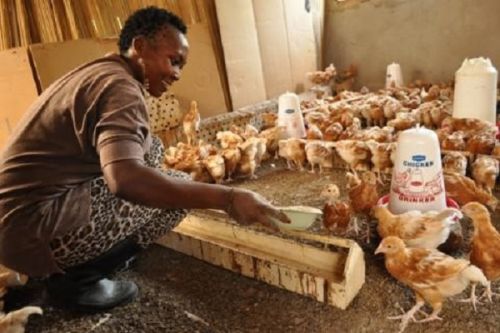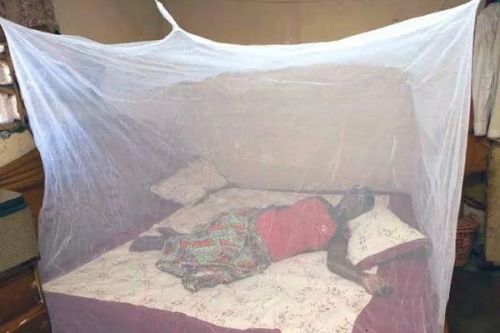Cameroon buries every year, 4,000 women who die from complications related to pregnancy or childbirth, according to figures released on 8 May by the Minister of Public Health, Manaouda Malachie, on the occasion of the commemoration of the African Day for the Reduction of Maternal and Neonatal Mortality.
These figures are still too high, even though maternal mortality declined significantly in 2018. “The latest Demographic and Health Survey for 2018, the results of which were published last year, reveals that the maternal mortality rate has decreased by at least 40%, from 782 to 406 maternal deaths per 100,000 live births in Cameroon. This is very encouraging! ” the minister said.
In the past, Cameroon had recorded alarming data on maternal mortality. Between 1991 and 2011, the maternal mortality ratio almost doubled in the country over a 20-year period, from 430 to 782 maternal deaths per 100,000 live births. Most of these deaths are preventable.
One of the targets of the third Sustainable Development Goal (SDG) is to reduce the global maternal mortality ratio to below 70 per 100,000 live births by 2030, with no country having a maternal mortality ratio greater than twice the global average.
22,000 newborns die each year
“Neonatal mortality, unfortunately, has been stagnating for the past 15 years in spite of the efforts made. It is imperative that we innovate and strengthen strategies to address the newborn problem in particular,” says the Minister. According to official statistics, nearly 22,000 newborns die each year in the country.
The neonatal mortality rate in Cameroon was 28 deaths per 1,000 live births in 2018. The other target of SDG 3 is to eliminate preventable newborn deaths by 2030, with countries aiming to reduce neonatal mortality to 12 per 1,000 live births.
While the fear of coronavirus encourages some women to give birth at home, the member of government encourages them to continue to attend health facilities for the monitoring of their pregnancy and for delivery, in compliance with the recommended barrier measures. He reminds that home births can be more risky for the health of the mother and the baby.
“The standards and guidelines for the specific care of pregnant women and newborns in this context of Covid-19 are available and we are taking all possible measures to ensure the protection of health care providers,” says the Minister.
P.N.N














